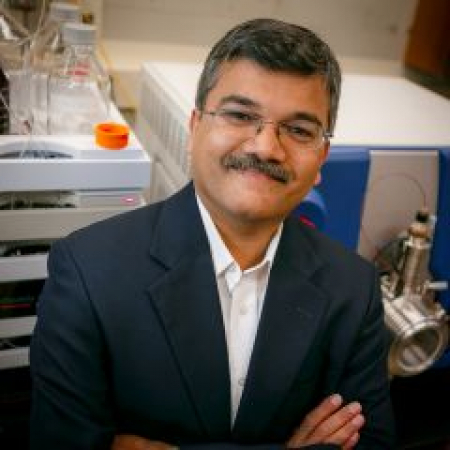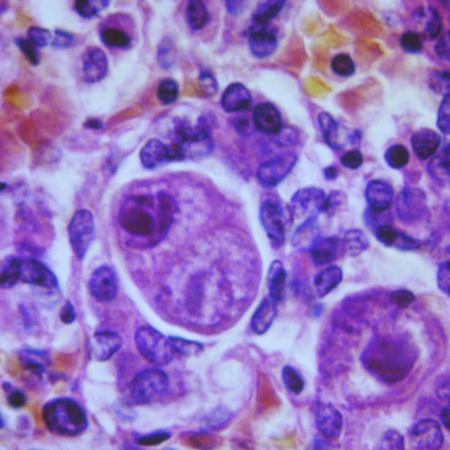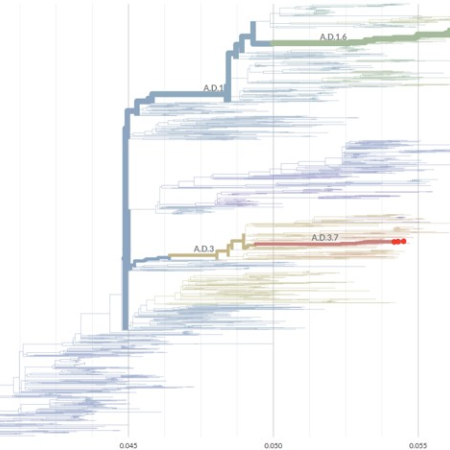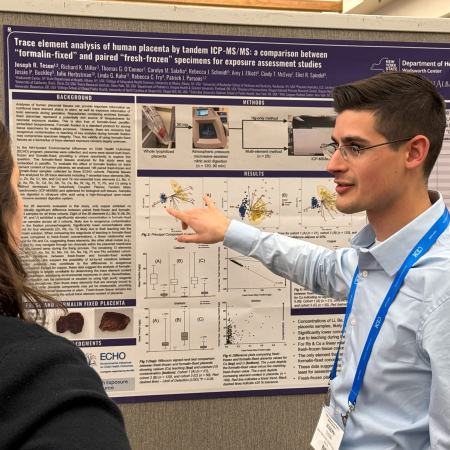Wadsworth Center Bioinformatics Software Management Featured on StaPH-B Call
Dr. Spencer Bruce, Director of the Bioinformatics Core at Wadsworth, recently presented during the February State Public Health Bioinformatics (StaPH-B) Monthly Call. StaPH-B is a bioinformatics consortium created by subject matter experts affiliated with the Association of Public Health Laboratories. The consortium represents bioinformaticians from across the United States and internationally who are focused on addressing common barriers to bioinformatics implementation in state and public health laboratories.
READ MORE about Wadsworth Center Bioinformatics Software Management Featured on StaPH-B Call 






